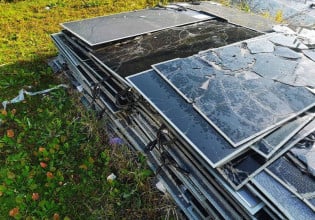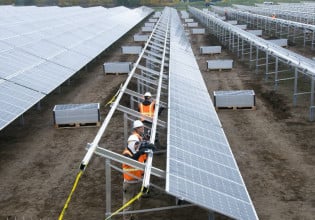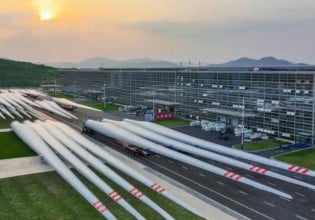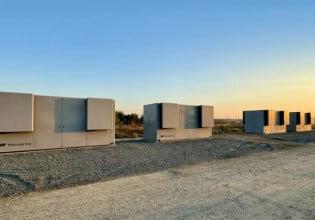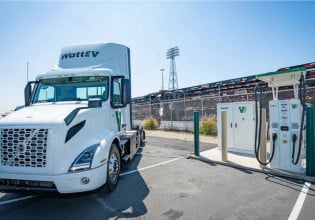Researchers Offer an AI-Based Approach to Microgrid Challenges
The University of California Santa Cruz team used reinforcement learning to determine optimal power distribution and management outputs.
In the evolving landscape of power electronics, a critical focus has been the efficient management and restoration of power in microgrids, especially in extreme weather events. Within this, microgrids serve as localized distribution systems that enhance system resilience.
Microgrid at U.S. Navy facility in Hawaii. Image used courtesy of NREL
However, integrating these diverse energy sources into the electric grid, particularly in islanded or standalone microgrids, presents unique challenges and opportunities for innovation in power management and restoration strategies. A recent research initiative from the University of California Santa Cruz (UCSC) offers an approach using artificial intelligence (AI) to leverage microgrids more efficiently and reliably in an outage.
Microgrids: Technical Background
Microgrids, especially in islanded mode (disconnected from the main grid), face distinct challenges in maintaining power stability and efficiency.
The primary issue lies in the inherent variability and uncertainty of renewable energy outputs, requiring dynamic adjustment of power distribution to meet changing demands and conditions. This necessitates sophisticated control mechanisms capable of rapid, real-time decision-making to balance supply and demand efficiently.
Microgrids can operate in “island mode.” Image used courtesy of Messa Solutions
Model predictive control (MPC) has become a prominent method for addressing these challenges. MPC creates a series of smaller, sequential subproblems from a larger optimization problem, making it well-suited for dynamic systems like microgrids. It has been applied effectively in various scenarios, such as voltage stability assurance, demand response in industrial loads, and Volt-VAR control.
The key advantage of MPC lies in its ability to anticipate future states of the system, allowing for more informed and efficient control decisions. However, the non-convex nature of the optimization problems in power flow, combined with the complexity introduced by the integration of various energy sources and storage systems, often leads to challenges when using traditional MPC approaches.
Researchers have explored reinforcement learning (RL) and its variant, deep reinforcement learning, in microgrid control systems to overcome the limitations. RL and Deep RL are concerned with determining optimal actions in a dynamic environment to maximize a cumulative reward. These methods learn and adapt by interacting with the environment, making them more flexible and robust than traditional control strategies in the face of uncertainty and variability inherent in RES and microgrid operations.
Recent Developments in Microgrid Management
A recent study published by UCSC researchers focuses on integrating AI-based approaches, particularly constrained policy optimization (CPO), into microgrid power management.
CPO, a form of RL, aims to find an optimal policy based on the current system state and a defined reward structure, subject to multiple constraints. This policy, represented as a neural network, can be trained to approach optimal power distribution and management outputs.
Schematic of an RL framework to solve load restoration. Image used courtesy of Bose et al.
The researchers specifically explored tailoring CPO specifically for load restoration in islanded microgrids. This involves creating an optimization problem that accounts for the unique characteristics of microgrids, such as internal frequency regulation, varying RES outputs, and energy storage system (ESS) operations. The developed CPO approach is compared with traditional MPC methods and a deep learning-based approach.
One of the significant contributions of this approach is the introduction of new convex relaxations for ESS complementarity and the dependence of inverter voltages on real power. These relaxations transform the non-convex optimization problem into a form that MPC can more easily handle. This innovation allows for the efficient use of convex optimization solvers, enhancing the real-time decision-making capability of microgrid controllers.
Reimaging Microgrid Control Systems
Integrating AI-based approaches like CPO into microgrid control systems marks a significant leap forward in addressing the challenges posed by maintaining stability in islanded microgrids. By effectively combining traditional methods like MPC with advanced RL techniques, power engineers can better manage modern power systems' dynamic and uncertain nature. This hybrid approach also enables more resilient power systems capable of withstanding the challenges posed by extreme weather events.





